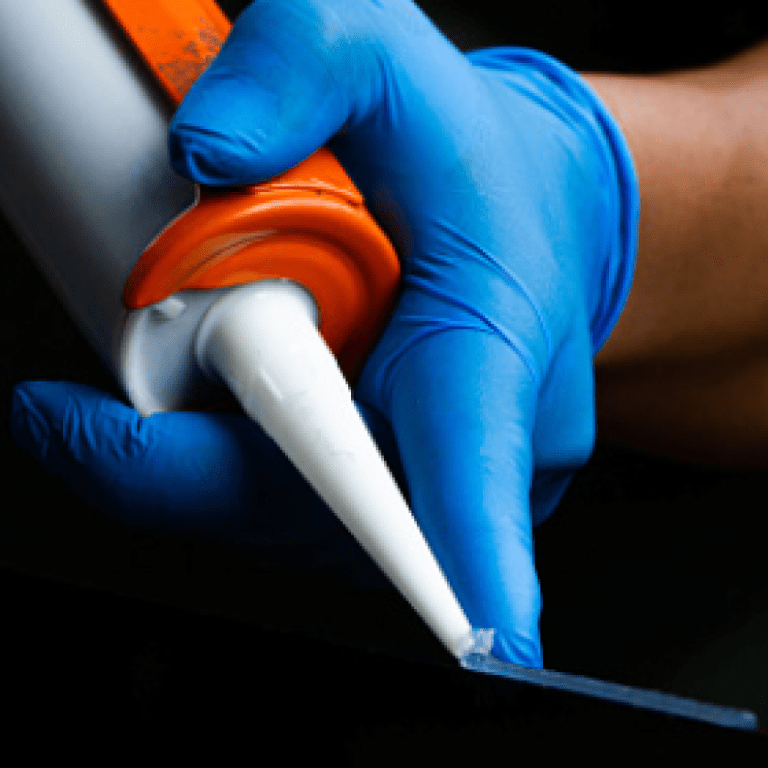
Eco-Friendly, High-Performance Sealants Are Gaining Ground
The main purpose of an industrial sealant is to bridge the gap between them, enhance performance, and protect quality with a long shelf life. With technological advancements in developing high-performance isolators, there has been an increasing demand for cross-sectoral applications in various sectors. Manufacturers are responding to the need for sealants that provide better performance while reducing environmental impact, as industries such as construction, automotive, and aerospace demand new and improved environmentally friendly alternatives. Some of the future trends may include nanotechnology used in bio-based materials and smart sealants that contract and expand with environmental changes. In addition to increasing sealant life and effectiveness, these advancements in technology support global sustainability targets.
Nanotechnology and Performance Enhancement
Nanotechnology is also aiding in the development of high-performance sealants. At the nanoscale, material manipulation has allowed manufacturers to produce sealants that exhibit improved adhesion and flexibility, as well as resistance to extreme temperatures and chemicals. The enhancements are especially important in industries like aerospace and automotive, where strong but lightweight materials have long been a priority. This allows for unique planning for individual applications to ensure high performance under harsh conditions without having to deal with the challenges associated with purchasing and installing off-the-shelf products.
Sustainability Through Bio-based Sealants
Bio-based materials are being used more and more in sealants instead of standard petrochemical-based products because the world is trying to be more environmentally friendly. Because they are made from renewable resources like plants and agricultural waste, these sealants are better for the earth without sacrificing performance. The need for long-lasting seals is likely to grow as rules get stricter and people become more eco-friendly. Companies that spend money on researching and developing bio-based sealants are not only helping to protect the environment, but they are also setting themselves up to be stars in a market that is becoming more and more interested in green innovations.
The Future of Adaptive Technology
The future of sealants lies in their ability to adapt to their environment. This is a significant advancement in sealing technology, as these smart sealants can address changing temperatures and humidity levels, among other environmental variables. Future applications of this technology include self-healing, self-modulating, or even health-monitoring sealants with long-term reliability to reduce the need for maintenance. Self-healing compounds can benefit construction and infrastructure applications where longevity and durability are ideal, especially when combined with the use of smart technology in sealants.
Embracing the Future
The industrial sealant industry is rapidly changing, and any company that wants to stay competitive must embrace these changes. Therefore, the future of sealants does not involve developing more performant products, but rather, it involves developing solutions that are tailored to the current world conditions. Such solutions could include nanotechnology, creating new products for adoption in the sustainability movement, or even developing smart technologies. However, the future for the sealant industry is evident in that sealants are going to play a key role in future industries.



